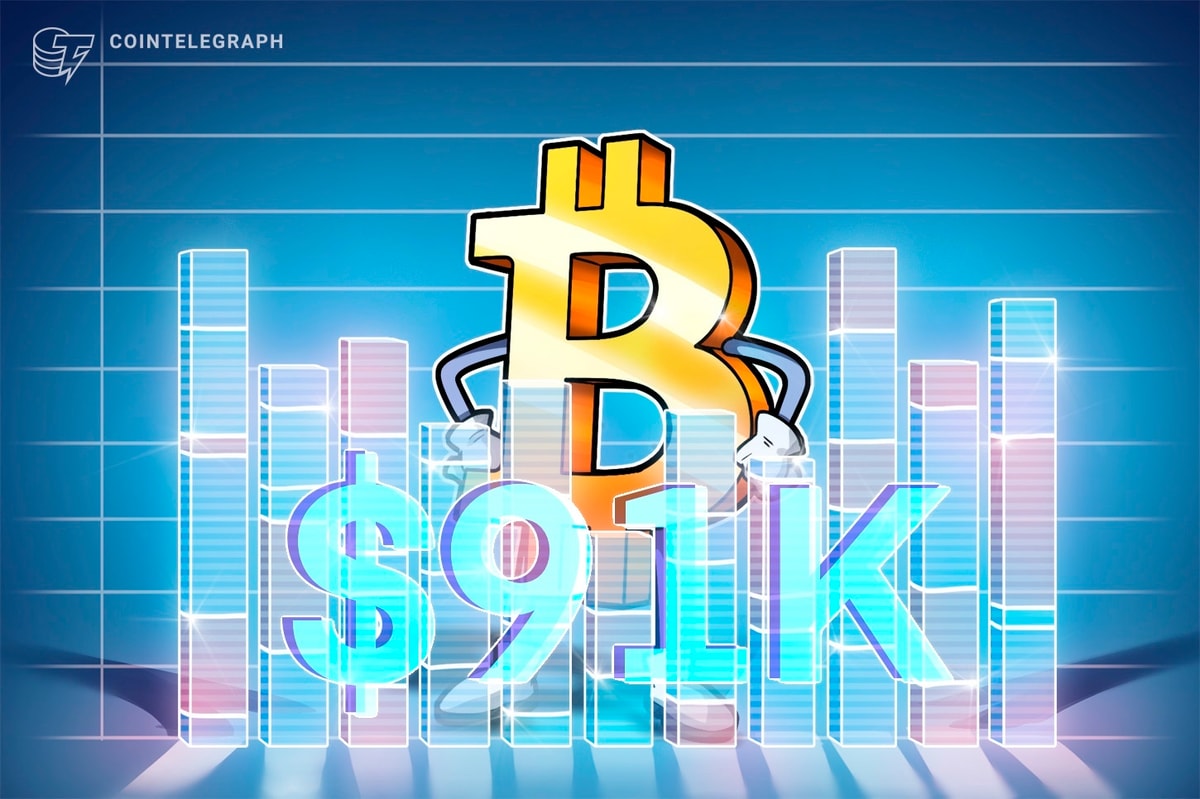Prosecutors Seek Restrictions on Former FTX CEO’s Electronic Devices Following VPN Use for Football Streaming – Bitcoin News
3 min read
Prosecutors in the financial fraud case against former FTX CEO Sam Bankman-Fried (SBF) are attempting to persuade the judge to restrict his use of electronic devices. It has been revealed that SBF used a virtual private network (VPN) to watch the Super Bowl through a foreign subscription service he had purchased before his arrest. Prosecutors, however, are skeptical and argue that VPNs are commonly used to access international crypto exchanges that are blocked in the United States.
Prosecutors Raise Concerns Over VPN Use by Former FTX CEO, SBF’s Lawyers Argue VPN Use Was for Harmless Purposes
Judge Lewis Kaplan is considering whether disgraced FTX co-founder Sam Bankman-Fried (SBF) should be allowed to use electronic devices and the internet. “There is a solution, but it’s not one anybody has proposed yet,” Kaplan told the court. The judge is considering changing SBF’s bail conditions because prosecutors have complained about his use of a VPN. Damian Williams, U.S. Attorney for the Department of Justice (DOJ), said the government learned that SBF used a VPN to access the web on Jan. 29 and Feb. 12, 2023.
Williams noted that VPNs have legitimate purposes, but the complaint also asserts that VPNs are commonly used to access international crypto exchanges. “Some individuals use VPNs to conceal the fact that they are accessing international cryptocurrency exchanges that use IPs to block U.S. users,” the government’s complaint stressed. However, SBF’s lawyer, Mark Cohen, who represented Ghislaine Maxwell during her sex trafficking trial, said SBF used the VPN to watch football.
“Our client used the VPN to access an NFL Game Pass international subscription that he had previously purchased when he resided in the Bahamas, so that he could watch NFL playoff games,” SBF’s lawyers Christian Everdell and Mark Cohen explained to the judge. “On January 29, 2023, he watched the AFC and NFC Championship games and on February 12, he watched the Super Bowl. This use of a VPN does not implicate any of the concerns raised by the government in its letter.”
Prosecutors have already complained that SBF was attempting to communicate with former Alameda Research and FTX staff members. The court has prohibited SBF from using end-to-end encrypted messaging services like Signal. Everdell and Cohen have stated that SBF will not use a VPN during this time until the defense team is ready to adopt a reasonable bail condition that allays any concerns the government or court may have regarding the use of a VPN.
What do you think about the use of VPNs in financial fraud cases? Should restrictions be placed on their use during bail? Share your thoughts in the comments.
Image Credits: Shutterstock, Pixabay, Wiki Commons
Disclaimer: This article is for informational purposes only. It is not a direct offer or solicitation of an offer to buy or sell, or a recommendation or endorsement of any products, services, or companies. Bitcoin.com does not provide investment, tax, legal, or accounting advice. Neither the company nor the author is responsible, directly or indirectly, for any damage or loss caused or alleged to be caused by or in connection with the use of or reliance on any content, goods or services mentioned in this article.
Read disclaimer






